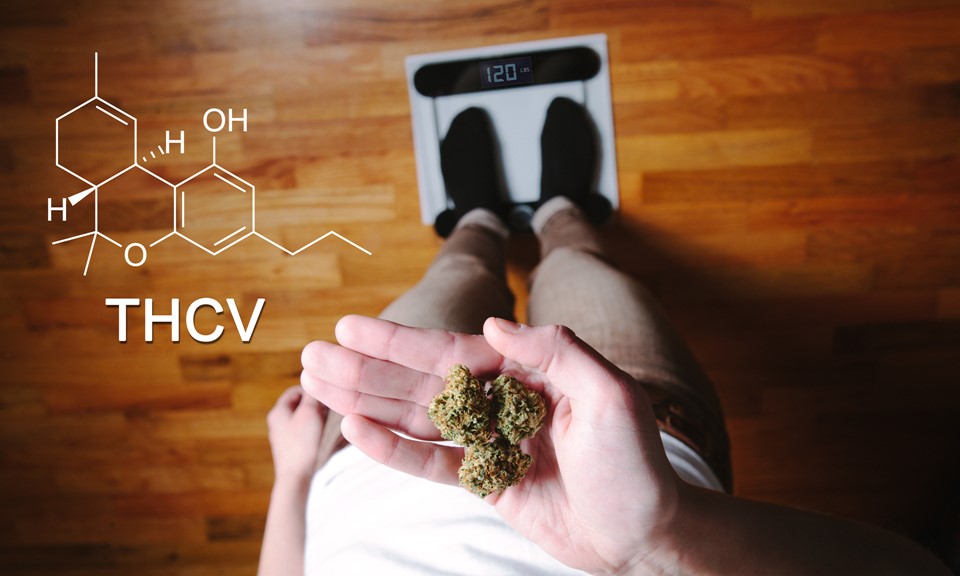
THCV is a rare form of cannabinoid that may someday have therapeutic benefits for various conditions. In addition to reducing inflammation, THCV has also been shown to treat diseases such as schizophrenia potentially, so many are looking for THCV for sale. It is also said to have bone-growth-stimulating properties.
THCV is a rare cannabinoid
THCV is a unique cannabinoid found in cannabis and hemp plants. It is believed to have uplifting and energizing effects and is a potential appetite suppressant. It is also being studied for its possible neuroprotective and antipsychotic properties. It may also have beneficial effects on bone growth.
Its antipsychotic effects are attributed to its ability to act on 5-HT1A serotonin receptors. These receptors are responsible for communication between different parts of the brain. THCv has been shown to increase 5-HT1A receptor activation and reduce the symptoms of psychosis. It also has potent anti-inflammatory properties and may help treat pain. It can also suppress the appetite and help the body lose weight.
In contrast to THC, THCV is non-intoxicating. While it is present in high concentrations in some strains of Cannabis, it is rare. THCV is found in trace amounts in hemp and cannabis. THCV is believed to become a $26 billion industry by 2028.
It has therapeutic potential for schizophrenia
The therapeutic potential of THCV in schizophrenia is not fully understood. This compound’s effectiveness may depend on how it alters certain neurotransmitters in the brain. The mechanism by which THCV inhibits neurotransmitter synthesis and release is unknown. However, the ability of the compound to inhibit PCP and subsequently inhibit the release of dopamine is a potential determining factor of its therapeutic potential.
The use of cannabis by people with schizophrenia is linked to poor prognosis and poor adherence to antipsychotic medications. In addition, heavy cannabis use after a schizophrenia spectrum diagnosis has been linked to worsening symptoms, more extended hospitalization, and higher relapse rates. In addition, studies have shown that cannabis use may lead to poorer cognitive outcomes in schizophrenia. However, the effects of cannabis use on cognitive outcomes are still controversial. While the acute effects of THC mimic the positive and negative symptoms of psychosis, they also significantly worsen cognitive function. However, there are reports that CBD use improves cognitive function in people with schizophrenia.
It reduces inflammation
Research has shown that THCV reduces inflammation in the skin and can alleviate the discomfort associated with chronic acne. THCV reduces inflammation by suppressing the production of arachidonic acid, which is a necessary component of lipogenesis. It also suppresses the synthesis of lipids in the sebaceous glands, which could be beneficial for treating acne. However, further research is required to determine if THCV can treat acne in humans.
In mice, THCV has been shown to reduce inflammation and inflammatory pain. It attenuated the signs of inflammation and hyperalgesia induced by carrageenan. Furthermore, THCV inhibited the expression of LPS, which was associated with inflammation.
It stimulates bone growth
A new supplement called THCV has been discovered to help fight inflammation and promote bone growth. It works by inhibiting appetite and regulating blood sugar levels. The supplement also helps lower the risk of diabetes and insulin resistance. It also promotes bone growth by promoting the production of new bone cells. It is a promising treatment for bone-related diseases, including osteoporosis.
Studies suggest that THCV increases bone formation by stimulating bone cell proliferation. In addition, it has also been found to improve motor control and decrease brain lesions. Although it is a psychoactive substance, THCV does not produce the same euphoric high as Delta 9 THC. This is why many products contain a combination of THCV and Delta 9 THC.
It reduces appetite
THCV, also known as diet weed, has been studied for its appetite-suppressing effects. It inhibits the actions of CB1 receptors in the brain and suppresses appetite at low dosages. In addition, a study in the Journal of Neuropsychopharmacology found that THCV improves the connectivity of brain areas, which suggests it might have therapeutic value as a weight-loss supplement.
While THCV reduces appetite in some people, its effects may differ from person to person. Further research is needed to understand the full-blown effects of the compound. However, it appears to work well for people with various underlying causes. The drug does not trigger anxiety-like Rimonabant, or interfere with the reward function.

